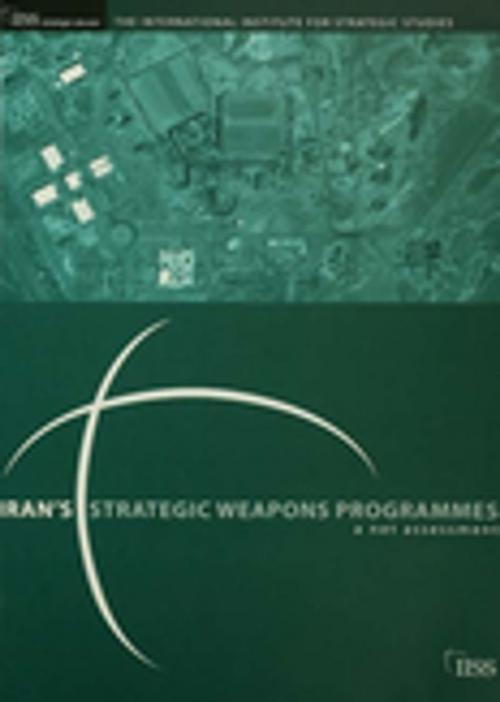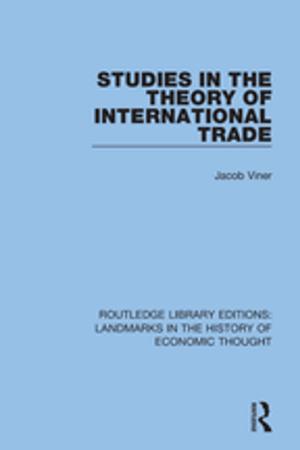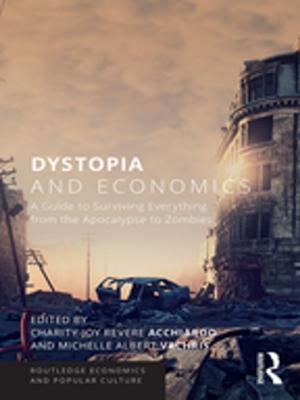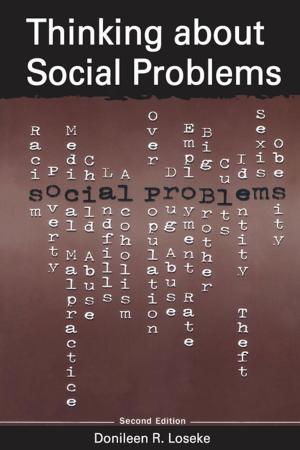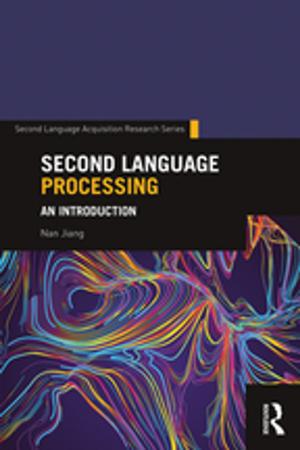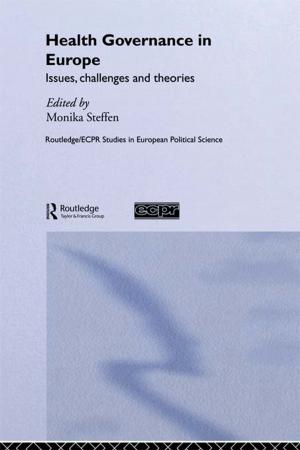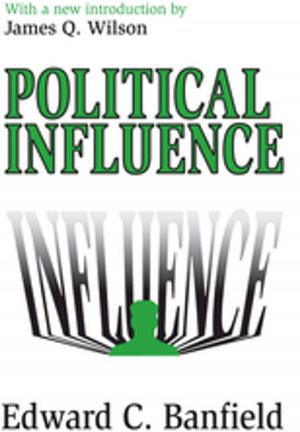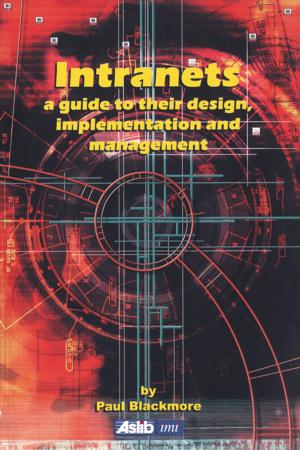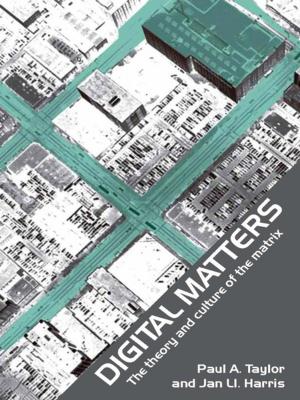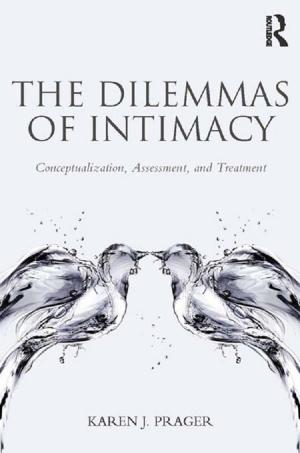Iran's Strategic Weapons Programmes
A Net Assessment
Nonfiction, History, Military, Biological & Chemical Warfare, Middle East| Author: | Gary Samore | ISBN: | 9781136776724 |
| Publisher: | Taylor and Francis | Publication: | August 6, 2013 |
| Imprint: | Routledge | Language: | English |
| Author: | Gary Samore |
| ISBN: | 9781136776724 |
| Publisher: | Taylor and Francis |
| Publication: | August 6, 2013 |
| Imprint: | Routledge |
| Language: | English |
The possibility that Iran will acquire a nuclear weapons capability poses a significant threat to the stability of the Middle East and a potential challenge to the long-term viability of the nuclear non-proliferation regime. Since 2003, diplomatic efforts by the EU-3 (United Kingdom, France and Germany) have succeeded in suspending the sensitive aspects of Iran’s nuclear programme, but prospects for reaching a permanent agreement with the Iranian government are uncertain. If the EU-3 effort collapses, a number of policy options will be given more serious consideration, including sanctions, containment, regime change and military action.
This IISS ‘Strategic Dossier’ on Iran’s strategic weapons programmes provides an objective technical assessment of Iran’s nuclear, chemical, and biological weapons capabilities, as well as its ballistic missile programme. The dossier evaluates what is known and what is not known about these capabilities and projects potential future developments. In addition, the dossier provides a history of democratic efforts over the last three decades, to prevent Iran from acquiring a nuclear weapons capability and examines different options for current diplomatic efforts. Each chapter has been written and reviewed by recognised international experts in their respective fields.
The IISS does not advocate any particular policy option for dealing with the Iranian nuclear issue. The objective of Iran’s Strategic Weapons Programmes: A Net Assessment is to assess, as accurately and dispassionately as possible, Iran’s capabilities and evaluate the pros and cons of different policy options in the order to foster a well-informed policy debate.
The possibility that Iran will acquire a nuclear weapons capability poses a significant threat to the stability of the Middle East and a potential challenge to the long-term viability of the nuclear non-proliferation regime. Since 2003, diplomatic efforts by the EU-3 (United Kingdom, France and Germany) have succeeded in suspending the sensitive aspects of Iran’s nuclear programme, but prospects for reaching a permanent agreement with the Iranian government are uncertain. If the EU-3 effort collapses, a number of policy options will be given more serious consideration, including sanctions, containment, regime change and military action.
This IISS ‘Strategic Dossier’ on Iran’s strategic weapons programmes provides an objective technical assessment of Iran’s nuclear, chemical, and biological weapons capabilities, as well as its ballistic missile programme. The dossier evaluates what is known and what is not known about these capabilities and projects potential future developments. In addition, the dossier provides a history of democratic efforts over the last three decades, to prevent Iran from acquiring a nuclear weapons capability and examines different options for current diplomatic efforts. Each chapter has been written and reviewed by recognised international experts in their respective fields.
The IISS does not advocate any particular policy option for dealing with the Iranian nuclear issue. The objective of Iran’s Strategic Weapons Programmes: A Net Assessment is to assess, as accurately and dispassionately as possible, Iran’s capabilities and evaluate the pros and cons of different policy options in the order to foster a well-informed policy debate.
